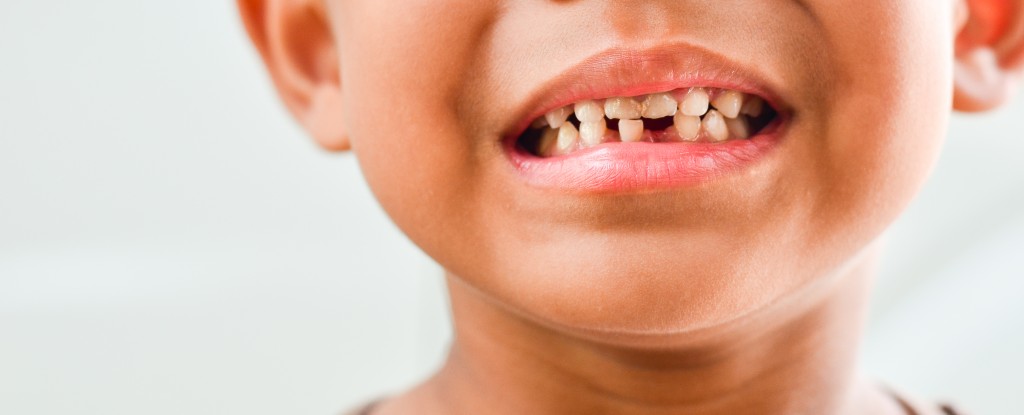Children don’t know when they need to go to the dentist. So as a parent, it’s your responsibility to watch out for any dental problems that may arise. Dental problems in children, when left untreated, can lead to adverse effects on their dental health when they grow up. The best way to ensure that your children grow up with healthy teeth and gums is to address dental problems as they arise. If you see any of the following signs in your child, it’s best that you book them an appointment with the dentist as soon as possible:
Crowding, abnormal bite, jaw clicking
If you suspect that your child needs braces, it’s ideal that you take them to an orthodontic laboratory as soon as you can. Here are the early dental issues that may mean that your child requires braces to correct their teeth and jaws:
- Crowding of teeth
- Overbite, crossbite, or underbite
- Clicking of jaw
- Mouth breathing
- Irregular, early, or late loss of baby teeth
- Biting the roof of the mouth or cheeks
- Jaws or teeth that are disproportioned from the rest of the face
- Difficulty chewing or biting
Toothache
When your child says that their teeth hurt, don’t brush it off immediately as something minor. A toothache can indicate a variety of dental issues, the most common being tooth decay.
Sensitivity
Children who have tooth sensitivity often complain of their teeth hurting when eating very hot or very cold food such as soup and ice cream. Although some level of temperature sensitivity is normal for both children and adults, it’s better to take your child to the dentist to eliminate the possibility of tooth decay.
Swelling or bleeding gums
If your child spits out blood after they brush their teeth or are complaining of swollen gums, it may mean that they have gum disease, which is typically caused by poor oral hygiene.
Brown or white spots
Check your child’s teeth from time to time and see if there are white or brown spots near the lining of their gums. These spots are early signs of dental caries or cavities. When left untreated, this problem can rot the entire tooth and cause premature tooth loss.
Loose adult teeth
Losing baby teeth is common for children between the ages of 6 and 12. But if one of your child’s adult teeth start to become loose, go to the dentist to have it checked out, especially if it has been caused by facial trauma.
Baby teeth not falling out

In some cases, baby teeth don’t fall out to make room for new ones. When this happens, the adult teeth can grow crooked and cause other teeth to shift. See a dentist to see what’s causing the obstruction and what intervention should be done.
Lip sucking, thumb sucking, tongue thrusting
These habits are major causes of misaligned teeth in children, which can affect the alignment of their teeth as they grow up. If your child has one or more of these habits, a pediatric dentist should be able to give you suggestions on how to get rid of it.
Does your child exhibit one or more of the signs indicated above? If so, a visit to the dentist is the best way to prevent any dental problems from getting worse. A visit to the dentist can prevent permanent damage to their teeth.
